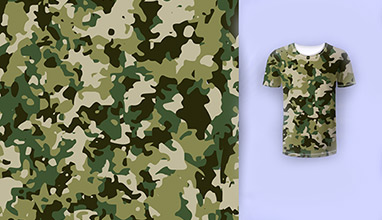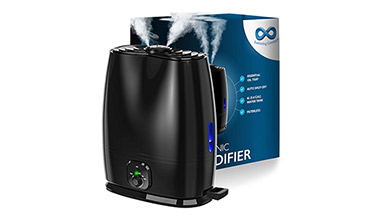How to determine your skin type and choose the right care products
 The first and most important step you can take toward caring for your skin properly is to choose the right cleansing products for your particular skin type. Skin has slightly different properties varying from man to woman and in general from human to human. One thing is sure though, skin issues can plague everyone at any age. The solution for these problems usually varies among everyone, too.
The first and most important step you can take toward caring for your skin properly is to choose the right cleansing products for your particular skin type. Skin has slightly different properties varying from man to woman and in general from human to human. One thing is sure though, skin issues can plague everyone at any age. The solution for these problems usually varies among everyone, too.
Skin needs to be well cared in order to combat the bag factors such as stress, pollution, sun, etc.
Examine your skin and then use the information below, to asses which type you are and discover which kinds of products to use and which to avoid.
Different types of skin and care.
 Normal skin
Normal skin
The normal skin looks clear with an even texture. It feels soft and smooth.
Problems: Pimples may occasionally break out, particularly around the chin and nose; dry patches can develop if skin is not cleansed and moisturized.
Caring and cleansing: use a creamy liquid or cream cleanser, a water-soluble cleanser or gentle facial soap. It doesn’t matter if the tones is with or without alcohol, you can use rosewater or a still mineral water spray. You can moisturize the normal skin with light cream or lotion. Be careful not to use products with high alcohol content and without added sunscreen.
 Dry skin
Dry skin
The dry skin looks "thin", with fine pores, and is prone to broken veins on the cheeks. It feels tight after cleansing, and can react by becoming red and blotchy.
Problems: lacks moisture, because skin does not produce enough sebum. Develops lines and wrinkles more easily than other skin types.
Caring and cleansing: use a cream cleanser, a very rich liquid cleanser, or a moisturizing, nonperfumed soap, but rinse off thoroughly. The toner you use, should be alcohol-free, rosewater or cool water. The moisturizing of dry skin is very important – use enriching, protective cream, suitable for your skin type. It is important to use another, night cream, which will moisturize your skin in the night. Pay particular attention to the skin around the eyes and don’t use products with alcohol.
 Oily or combination skin
Oily or combination skin
This type of skin looks shiny and greasy, combination skin has only patches of oiliness, particularly around the nose, chin and forehead. It feels uneven, rough or oily.
Problems: Prone to pimples, blackheads and enlarged pores; combination skin may have patches of dryness on the cheeks, as well as acne.
Caring and cleansing: use light lotion or a milk cleanser; treat severe skin eruptions with a medicated liquid cleanser. The toner should be alcohol-based, but without simple alcohols, such as ethanol, methanol and isopropyl. The cream should be light and non-oily, that won’t block the pores. Pay special attention to the neck and cheeks when you apply moisturizer.
 Sensitive skin
Sensitive skin
The sensitive skin looks clear, but easily becomes red and blotchy. It feels hot, burning, or stinging when irritated.
Problems: Reacts when it comes into contact with an allergen or an irritant, either externally or internally; can develop swellings, bumps under the skin, and flakiness.
Caring and cleansing: use a hypoallergenic cleanser that is free of possible irritant or allergic substances. Avoid using soap, which can strip away the skin’s protective layer and so make it more sensitive. The toner and the protective cream are also hypoallergenic and alcohol-free.
Homemade facial mask for oily skin
How to pick the right moisturizer
Hydratation - lively moisture for the skin
Hits: 15081 | Leave a comment















